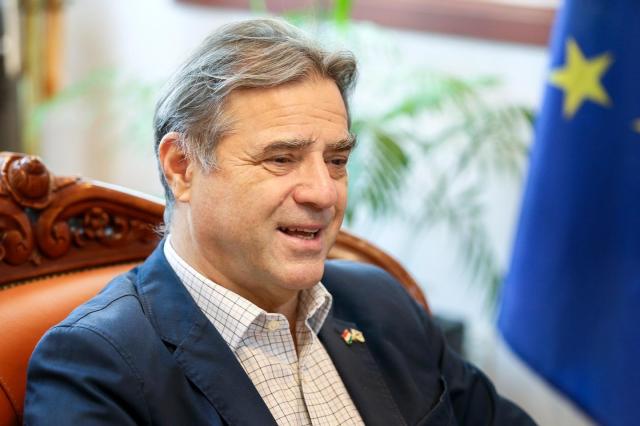
"Riding the wave of these changes, we hope to see more South Korean students coming to Hungary," Szerdahelyi added, sharing his vision for the future of bilateral relations between the two countries.
Hungary, is, in fact, the most popular destination for South Koreans pursuing medical studies abroad, with around 800 students there as of early this year. While Hungarian can be quite challenging to learn, medical schools like Budapest's research-focused Semmelweis University offer programs in English, with nearly 20 percent of its students coming from South Korea.
But Szerdahelyi expressed his hope to see more students in other fields as well, emphasizing that Hungarian universities excel in fundamental sciences, such as mathematics and physics. He also highlighted his country offers diverse academic programs including the Stipendium Hungaricum, which provides scholarships and other financial support to non-EU nationals and international students pursuing higher education.
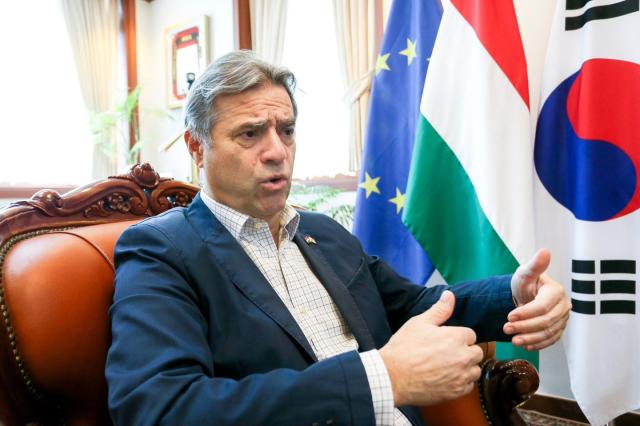
Beyond these educational exchanges, he also envisioned future opportunities for collaboration between the two countries across various business sectors, especially in the fields of science, technology, and sustainable development. "Hungary is strong in basic sciences, while South Korea leads in applied sciences. Together, we can make mutually beneficial progress," he said.
Citing his country's state-of-the-art facilities for advanced technologies, such as ELI ALPS, a research institute in Szeged, which is considered the world's largest and most advanced high-power laser infrastructure, Szerdahelyi said, "Hungary's expertise in autonomous vehicles, quantum computing, recycling of electric vehicle batteries, and other green technologies will thrive even further through cooperation with South Korea, creating synergy and driving innovation."
"South Korea has already become a key partner for Hungary, particularly in the production of batteries for electric vehicles. But there's room for growth in other areas," he said. "The two countries can collaborate further on sustainable development, which has emerged as one of the top global agendas, with the electric vehicle industry leading the way in addressing environmental challenges and shaping the future."
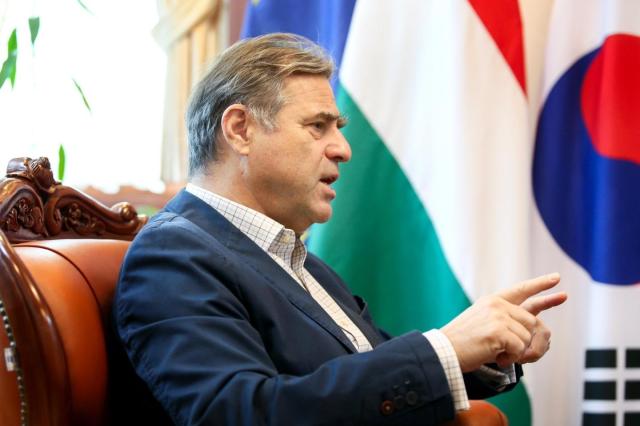
When asked about how he developed his interest in South Korea and what led him to come to the country as an ambassador, Szerdahelyi reflected on his university days. "Majoring in history, I studied world history extensively, mainly focusing on European countries, but Asian history remained somewhat unknown to me at that time," he recalled.
"Curiosity about Asia initially began with Japan, when I went to the Island country to specialize in East Asian history at Kobe University, before becoming a history professor in Hungary," he explained.
"My understanding of Asia grew deeper as I studied South Korea's modern history, emerging from the ashes of war to achieve an economic miracle," he said. "In the vortex of its turbulent history, invaded by neighboring countries and oppressed by foreign forces, South Korea's fierce struggles for independence and democracy are also reminiscent of Hungary's own past."
Having served in Brunei, Japan, and Singapore, the seasoned diplomat, who came to Seoul in September 2022, is well-versed in Asian history and culture. However, he said South Korea holds a special place in his heart.
Looking back on his two-year stay here, Szerdahelyi expressed his deep affection for South Korea. "People here are incredibly friendly and warm-hearted, yet brave and resilient, with a deep-rooted pride in their cultural heritage that has endured through historical upheavals. It is truly a privilege for me to serve here," he said.
Szerdahelyi also shared his fascination when he discovered that both Hungarian and Korean belong to the Ural-Altaic language family, which made him feel even more attached to South Korea. "Despite being thousands of miles away, sharing the same linguistic roots makes it feel special, as if we were cousins from afar," he said.
His affinity for this country looked evident, as he unexpectedly brought up "Mal-Mo-E: The Secret Mission," as one of South Korean films that impressed him the most.
It came as a surprise because the 2019 period film, which tells the story of scholars and activists' efforts to preserve the Korean language during WWII, is often considered difficult for foreign viewers to fully grasp.
"The film resonated deeply with me, as it reminded me of Hungary's own experiences fighting against greater powers surrounding the country," he said.
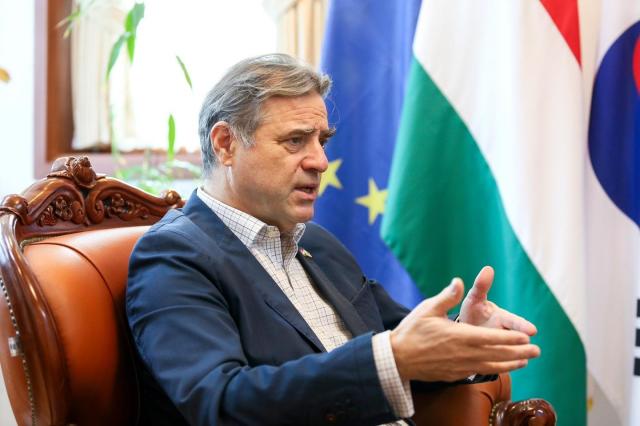
Szerdahelyi said he is committed to building a strong partnership between the two countries that will endure forever. "I hope my stint here will be remembered as a time when the two countries grew not only stronger as allies, but also closer as true friends."
He stressed, "This is not about diplomacy, but rather about creating a future where the two countries forge a long-lasting partnership and friendship for generations to come."
Copyright ⓒ Aju Press All rights reserved.

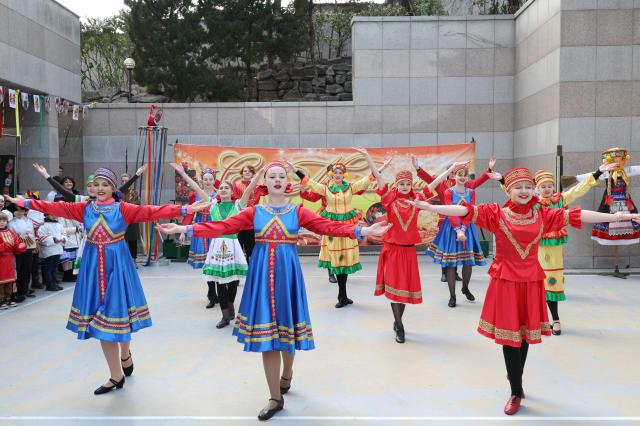
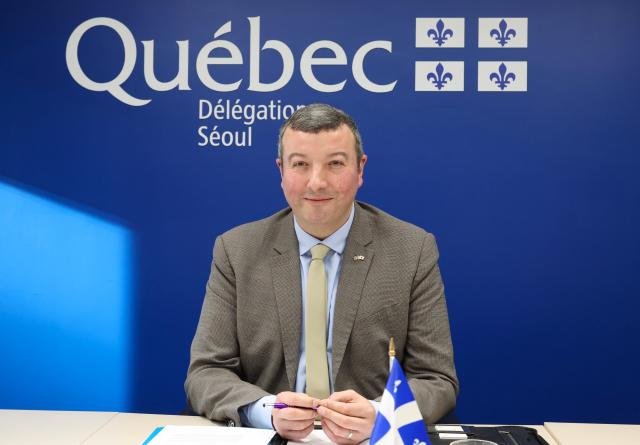
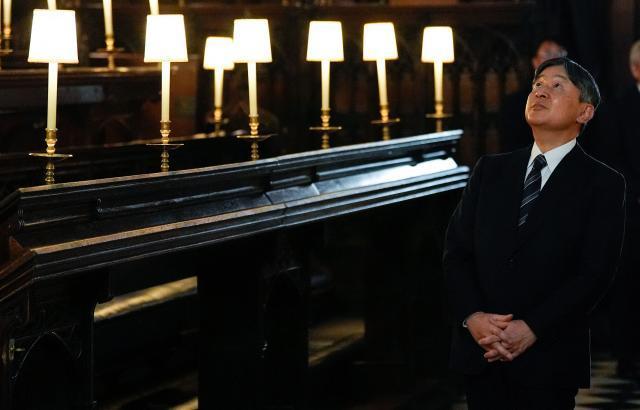
View more comments